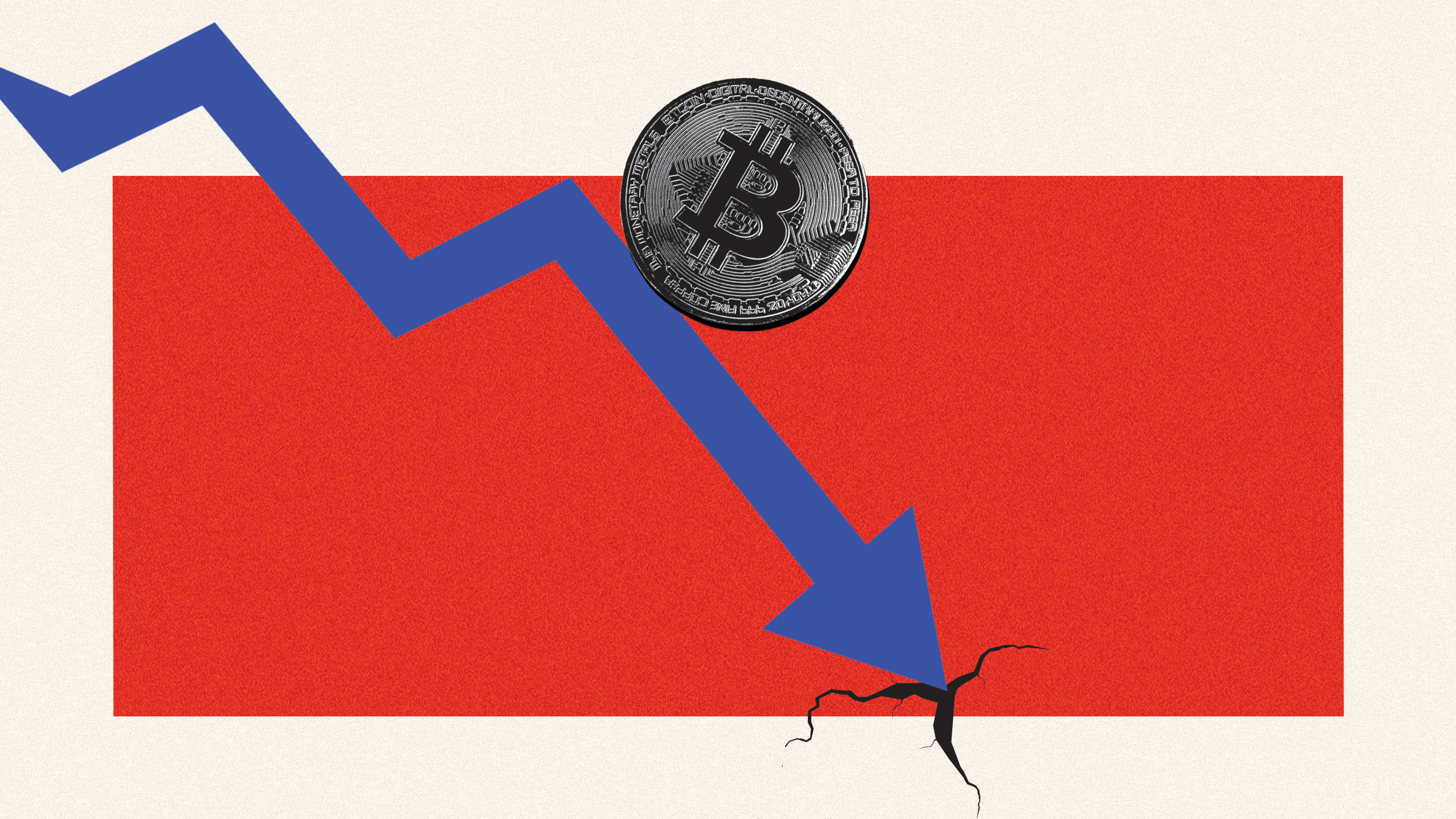Don't let market volatility derail your retirement
If you're within a few years of retirement or recently retired, the stock market volatility of the past few weeks should be a wake-up call. A market crash can disrupt your retirement plans, as older workers and retirees learned the hard way 10 years ago during the Great Recession.
Here's one red flag to watch out for: Are you age 60 or over, with all your retirement savings in a target-date fund? In this case, about half of your portfolio is invested in stocks. A repeat of 2008-2009 market crash could cause you to lose one-fourth of your savings and possibly derail your retirement.
The trouble is, if you're in your 60s, it's inevitable that you'll live through a few more crashes. In a little more than 30 years (since October 1987), it has happened four times, each with the potential to deal a knockout blow to your retirement. Since most people currently in their 60s will live another 20 or 30 years, it's smart to take steps to protect yourself.
Here are two big mistakes retirees often make during market crashes:
- Pulling out after stocks have tumbled, which locks in your losses and prevents any recovery when the market bounces back. Unfortunately, nobody can reliably predict when a market will crash or recover. As a result, you need to develop strategies -- and the fortitude -- to ride out turbulent times and stay invested throughout your retirement.
- Continuing to withdraw fixed amounts from savings to pay for living expenses during a market meltdown. Research shows it's a best practice to reduce withdrawals from savings during such times to mitigate the so-called sequence-of-returns risk.
Here's a smart two-step strategy to avoid these mistakes:
- Develop reliable sources of lifetime retirement income that don't drop if the stock market crashes. Use these "retirement paychecks" to cover your basic living expenses, or at least come close. Basic living expenses include housing, utilities, food, medical insurance premiums, and income and property taxes.
- Invest the rest of your savings to generate "retirement bonuses" that have the potential for growth but might drop if stocks falter. Use your bonuses to pay for discretionary living expenses that you can cut back on when downturns hit. These expenses include travel, hobbies and spoiling your grandchildren.
The best source of a retirement paycheck is Social Security: It's paid for the rest of your life, doesn't drop when the market crashes and increases for inflation. It makes sense to maximize your Social Security benefits with a thoughtful strategy for delaying the start of benefits.
Another good retirement paycheck source is a monthly pension from a defined-benefit plan (if you're so lucky), whether that's a traditional plan or a cash-balance plan. Resist the temptation to take a lump sum payment if you're offered that choice. If you elect the lump sum and invest it, your money is now vulnerable to stock market crashes.
If you need additional retirement paychecks, consider using a portion of your retirement savings to purchase a low-cost immediate annuity from an insurance company through a competitive annuity bidding platform, such as Income Solutions or ImmediateAnnuities.com.
Once you've developed sufficient retirement paychecks to cover your basic living expenses, you might feel confident that you can ride out any market crash. This can allow you to invest your remaining retirement savings significantly in equities, either in a low-cost target-date fund, balanced fund or index fund. You can use a systematic withdrawal strategy to calculate your annual retirement bonuses or simply use the IRS required minimum distribution as a straightforward way to draw down your savings to last the rest of your life.
Are you within a few years of retirement and fully invested in a target-date fund? In this case, you may want to take steps to protect yourself if stocks tumble before you retire.
Your first priority is to avoid needing to start Social Security before the optimum date for you, due to a layoff or health shock. In this case, you may want to develop a "retirement transition bucket" using a portion of your retirement savings. Invest this bucket in funds that won't drop if the market crashes, such as money market funds, short-term bond funds or stable value funds.
Your retirement transition bucket should probably equal a few years' worth of the Social Security payments that you're delaying. You might also add to your retirement transition bucket if you would feel more comfortable with an extra cushion to cover basic living expenses for a period during a potential stock market crash.
For more details on the strategies described here, see the recent paper by the Stanford Center on Longevity titled "How to 'Pensionize' Any IRA or 401(k) Plan" prepared in collaboration with the Society of Actuaries.
Don't live in fear of stock market crashes. Instead, take steps to protect yourself so you can enjoy life.



